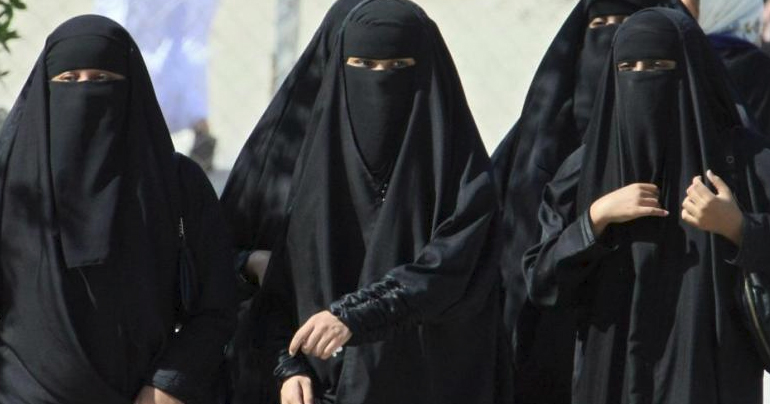
Women and the Middle Eastern Law
16 Aug 2015Laws for women in the Middle East are strict and bound heavily by religious traditions. There are several legal systems that have been combined and amalgamated to create the legal systems in the various Middle Eastern countries. Customary and Islamic laws have been appended with a few foreign laws to create the current structure of the legal systems in the nations in the MENA region. Legal issues involving women’s status in the Middle East tend to be quite different from those in the West. Although there are feminist organizations in Middle Eastern countries, they tend to be small and to lack significant input into the political process.
There are several groups that are constantly fighting for reform in these laws which give women more freedom, independence and rights in the countries. Often these legal changes have been far in advance of the state of social evolution; it may take many years before some segments of Middle Eastern societies feel the impact. While reform may be immediately significant for educated women in major urban centres, illiterate women, particularly those in nomadic or rural communities, may not understand their legal rights or enjoy the independence and resources required to benefit from legal reform.
Generally, Middle Eastern women enjoy something close to legal equality with men in political life, access to education, professional opportunities, and salaries – goals for which Western women have long had to struggle. In contrast, where Middle Eastern women have been severely disadvantaged has been in the areas of family law and inheritance, where women are accorded fewer rights than men and are subordinated to male authority.
Since obtaining their independence from Europe, most Middle Eastern governments have undertaken legal reforms directed at reducing the inequalities between men and women, but they have had to face strong opposition from Muslim clerics. The only country of the Middle East to resist any concessions to modernity has been Saudi Arabia. There, women suffer disabilities beyond those required by most interpretations of Islamic law, such as being required to be totally veiled anytime they appear in public, and being forbidden to drive anywhere in the Kingdom. The Islamic fundamentalist movement has campaigned to forestall any legal changes that might undermine male domination and privilege in the family and to eliminate reforms that have enhanced women’s rights – a campaign which invokes traditional interpretations of Islamic law as its justification.
What people say

A business leader with a clear objective to Build a Legacy through his business acumen and passion to excel, being associated with Dr Tejinder opens up new avenues for learning.

Dr Tejinder Singh , the man who taught me to teach and lead. My first and only professional Guru who would run the mile first and push me to walk that . A wonderful human being and an exceptional professional.

Tejinder is one of the most amazing client/business partner that I have ever met.

I met Bhattia sahib once and found him very friendly,intelligent and very focused head of an efficient organisation.

In my association with Tejinder I have found him to be very frank in his views.He is very strong in his domain knowledge and also has sharp commercial acumen.

I was hired by Tejinder Sir, in the year 2003, which was also the turning point in my career.

My 1st Impression about Mr. Tejinder Singh Bhatia - An Exteremely Confident Professional, Who knows What he is Doing and Where he wants to Reach.

He was a dedicated and sincere person and always followed pragmatic approach while fulfilling his job responsilbilites.

I am priviledge to work under him, he is an excellent Leader where team always ready to work for him even at oddest hour of the day.